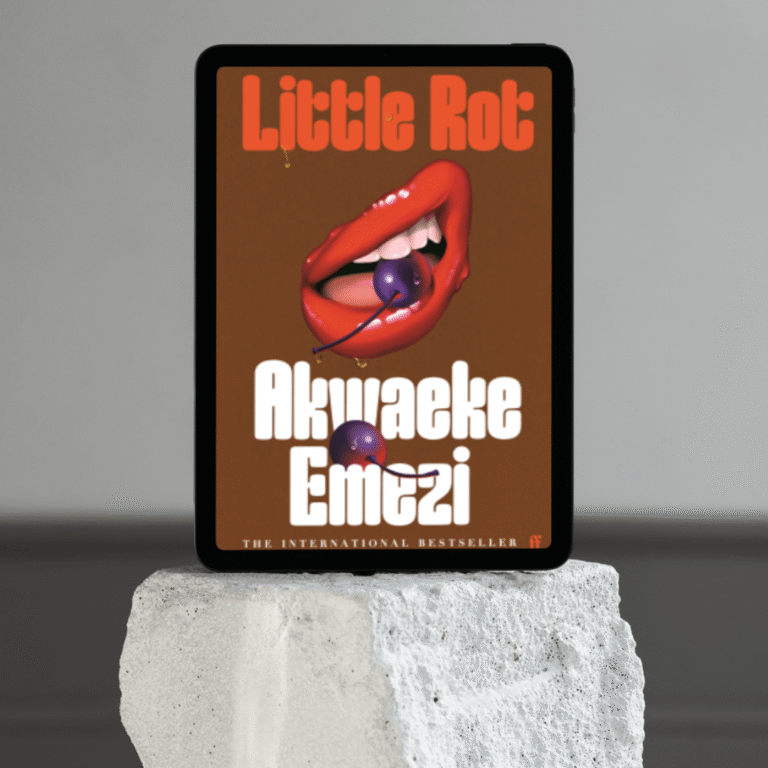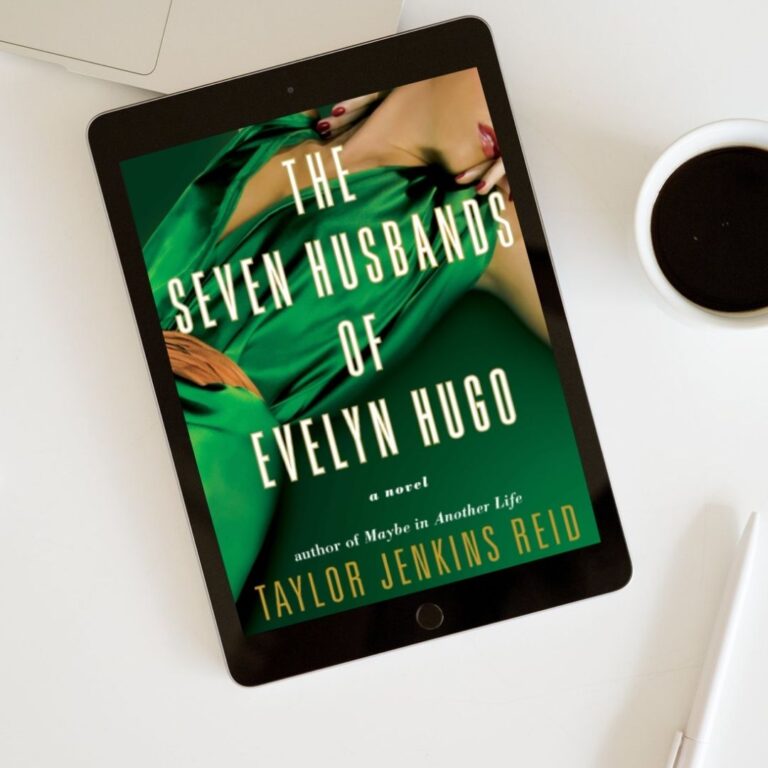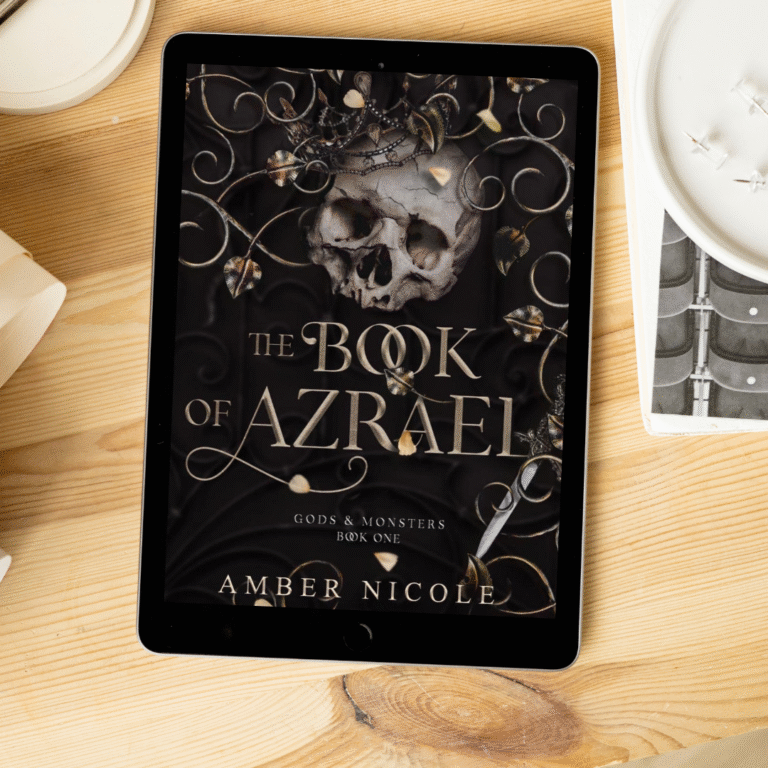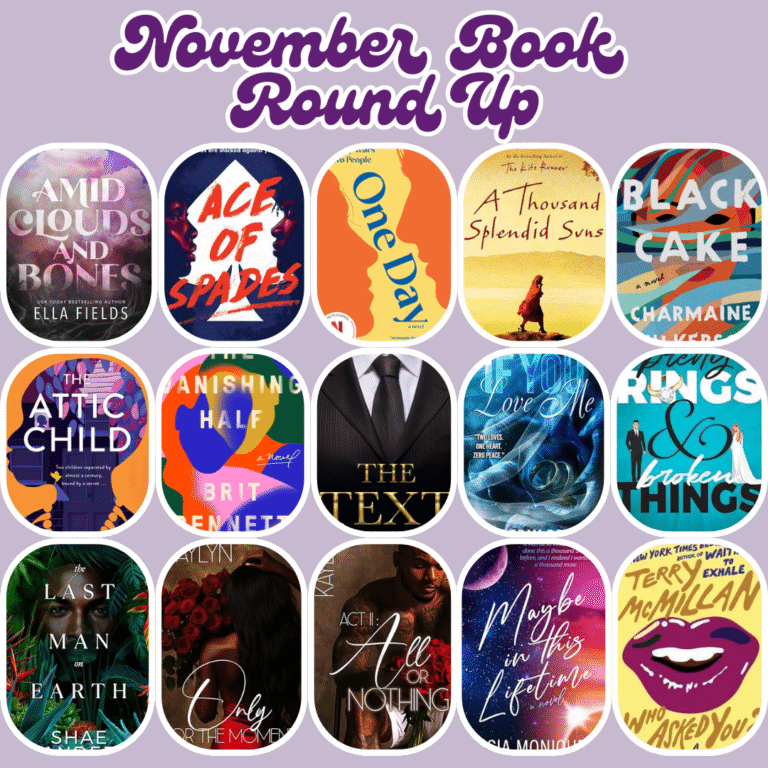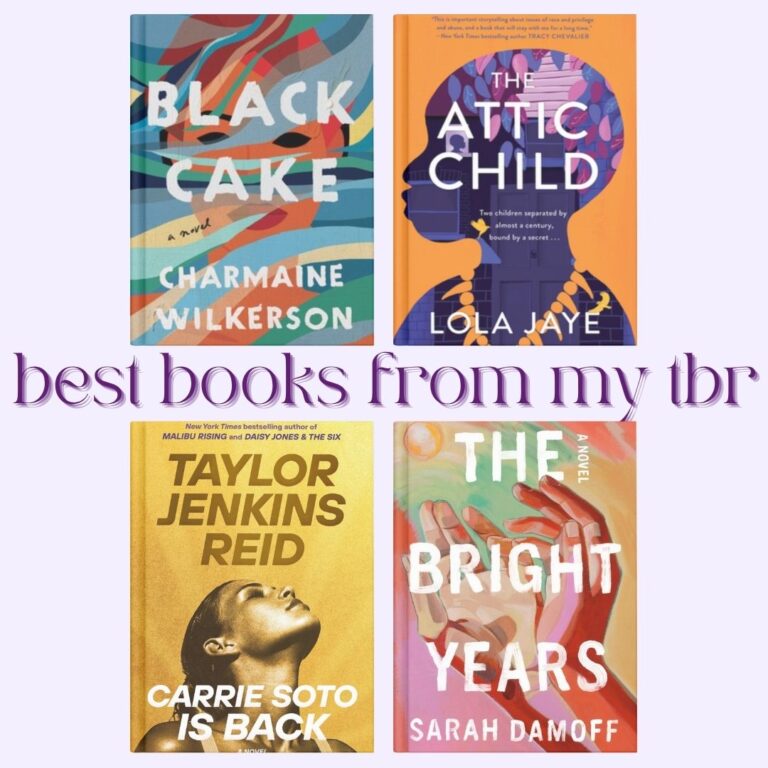Sunrise on the Reaping (A Hunger Games Novel) by Suzanne Collins
Book Published: 2025 | Genre: Dystopian Young Adult Fiction
Knowing how a book ends somehow doesn’t eliminate the devastation that takes over. This book gutted me. I knew my heart would hurt, but I didn’t quite anticipate the severity of it.
As a long-time, devoted fan of The Hunger Games, there was never a world in which I wouldn’t read Sunrise on the Reaping. Still, it took me a while to begin, because I had to prepare myself for what I knew would be a devastating story.
We’re reintroduced to Haymitch Abernathy, the 40-year-old alcoholic mentor of Katniss and Peeta. He’s the only surviving victor from District 12 and has witnessed 48 tributes die, not counting the 47 he watched perish during his own brutal experience in the 50th Hunger Games, the 2nd Quarter Quell.
We’ve always known he won. We’ve had glimpses of his arena, hints at how he outwitted the Capitol. But what we’ve never truly seen, until now, is the path that led him there: the Reaping, the slow spiral into the Games, and the unimaginable trauma that followed.
What breaks my heart the most is the realisation that the story of The Hunger Games, and of the revolution itself, truly began with Haymitch Abernathy.
While this is technically a review, I had such an emotional response to the book I haven’t been able to critique it in full, and while there are definitely criticisms, a few I will touch on, this will be a largely positive review.
This will be a spoiler-filled review, so if you haven’t read it, please steer clear.
Synopsis
Sunrise on the Reaping is set 50 years after the Dark Days, when the Capitol emerged victorious from the war that reshaped Panem. It takes place 40 years after The Ballad of Songbirds and Snakes, and 24 years before the Hunger Games trilogy. This year marks the second-ever Quarter Quell, where twice the number of tributes will be ripped from their homes.
Back in District 12, Haymitch Abernathy is trying not to think too hard about his chances. All he cares about is making it through the day and being with the girl he loves.
When Haymitch’s name is called, he can feel all his dreams break. He’s torn from his family and his love, shuttled to the Capitol with the three other District 12 tributes: a young friend who’s nearly a sister to him, a compulsive oddsmaker, and the most stuck-up girl in town. As the Games begin, Haymitch understands he’s been set up to fail. But there’s something in him that wants to fight… and have that fight reverberate far beyond the deadly arena.
The Emotional Gut Punch
I think the most devastating part of this story is that he was never meant to be reaped in the first place. He had avoided his name being called for another year, and if not for a series of extremely unfortunate events, he might have never seen the Hunger Games Arena.
It was a perfect allegory for the injustice that is Panem and the Hunger Games.
We’ve all wondered what led Haymitch to become the haunted man he is, but honestly, I don’t think any of us could have anticipated the sheer brutality of what he went through – not just in the arena, but in what came after. It’s in those final chapters that everything unravels.
We see Haymitch resisting and fighting President Snow with everything he has. We see him spit – literally – in the face of the Capitol. We see the spark of a revolutionary, someone not yet daunted by the bleakness of his future. A boy who cared deeply, who looked after his family, who fed his girlfriend gumdrops, and then we watch that boy get torn completely apart.
It wasn’t just about Haymitch’s story in the games. It was realising he could have been so much more to Katniss than just a mentor. It was watching Asterid lose everyone she loved, again and again, until we finally understood why she gave up. It was knowing that Beetee lost his son to the Hunger Games after surviving them himself.
“A cannon fires. Somewhere, Beetee’s heart breaks into fragments so small it can never be repaired.”
It was the deaths, forty-seven more, some in excruciating detail. It was knowing Haymitch never even got to grieve Wyatt properly in the arena. It was Louella dying before the Games even started. It was the beautiful, unexpected bond with Maysilee, only to watch her die, too.
And somehow, after all that, he made it home…only to have everyone he loved ripped away.
“I guess Snow lands on top,” I say under the applause. Utterly guilty on all possible counts, I await his sentence. He merely smiles and says, “Enjoy your homecoming.”
God. Gut punch after gut punch.
The book is beautifully written with strong imagery and a poetic style to it, especially towards the end.
Critiques (if you can call them that)
I have small critiques, but I honestly don’t want to mar this review with that kind of negativity.
One thing I would say is that I wasn’t always fully convinced by Haymitch’s love for Lenore Dove. Not because I didn’t believe him, but because I didn’t get to see enough of it. I understand that there wasn’t enough room to dedicate a full arc to their relationship, but I still found myself wanting more. Haymitch spends so much of the book thinking about her, almost every moment from the time he leaves District 12 to his victory in the Games is laced with thoughts of Lenore.
While that did a lot to suggest how deeply he cared for her, it didn’t show me enough to fully earn that depth. What ultimately felt more devastating, and more defining, was not just his love for her, but the way she died, the timing of it, and the way it haunts him afterwards. That’s what truly breaks him. I’m not sure that, had she survived, their relationship would have matured into something lasting. The tragedy wasn’t just that he lost her, it’s that he never got the chance to find out what they could have been.
“Nothing you can take from me was ever worth keeping, and she is the most precious thing I’ve ever known. When I tell her that, she always says, “I love you like all-fire.” And I reply, “I love you like all-fire, too.”
Suzanne collins
I’ve seen some criticisms that the references to familiar characters were just fan service, and while I understand where that’s coming from, I have to disagree. This is a story that spans over 75 years of Panem’s history. Of course, these characters have pasts, connections, and shared experiences. Seeing them in their youth only deepened the emotional weight of the story. It gave me a better understanding of why Haymitch trusted them decades later, during Katniss’s Games. It wasn’t about name-drops or nostalgia; it was about completing the circle. These relationships weren’t just callbacks; they were foundations. They helped explain the small moments and quiet loyalties hinted at in the original trilogy.
“It’s okay to cry around Mags.”
Why This Hurts, and Why It Matters
The Hunger Games books, while being a personal story about Peeta and Katniss, are still very much about dismantling Panem and the revolution, and the role they play within that. Sunrise on the reaping is about Haymitch and him alone. I remember finishing the book and thinking: of all the coping mechanisms Haymitch could have adopted, alcohol was very reasonable; I would have taken hard drugs.
“But she was smarter than me, or luckier. She’s the one who finally kept that sun from rising.”
But beyond personal grief, Sunrise on the Reaping revealed something even more chilling: Katniss was not the first to rebel. Others came before her, revolutionaries, quiet resistors, brave souls who tried to push back, and all of them were crushed. President Snow didn’t just destroy enemies; he systematically erased hope. We already knew he was evil, but this book showed us that nothing was beneath him. Even the victors weren’t safe. Especially the victors.
When it comes to resistance, many will fall before the ones who finally win.
“You were capable of imagining a different future. And maybe it won’t be realised today, maybe not in our lifetime. Maybe it will take generations. We’re all part of a continuum. Does that make it pointless?”
Suzanne collins
This isn’t just about The Hunger Games. It’s about the generations who bled before the world ever changed.
This was a painful book, and the review brought it all back. I really did love it, and the emotional impact it has had will not be forgotten for a long while, not that BookTok would ever let me. Suzanne Collins, I applaud you.
I hope you enjoyed this review.
Signed,



